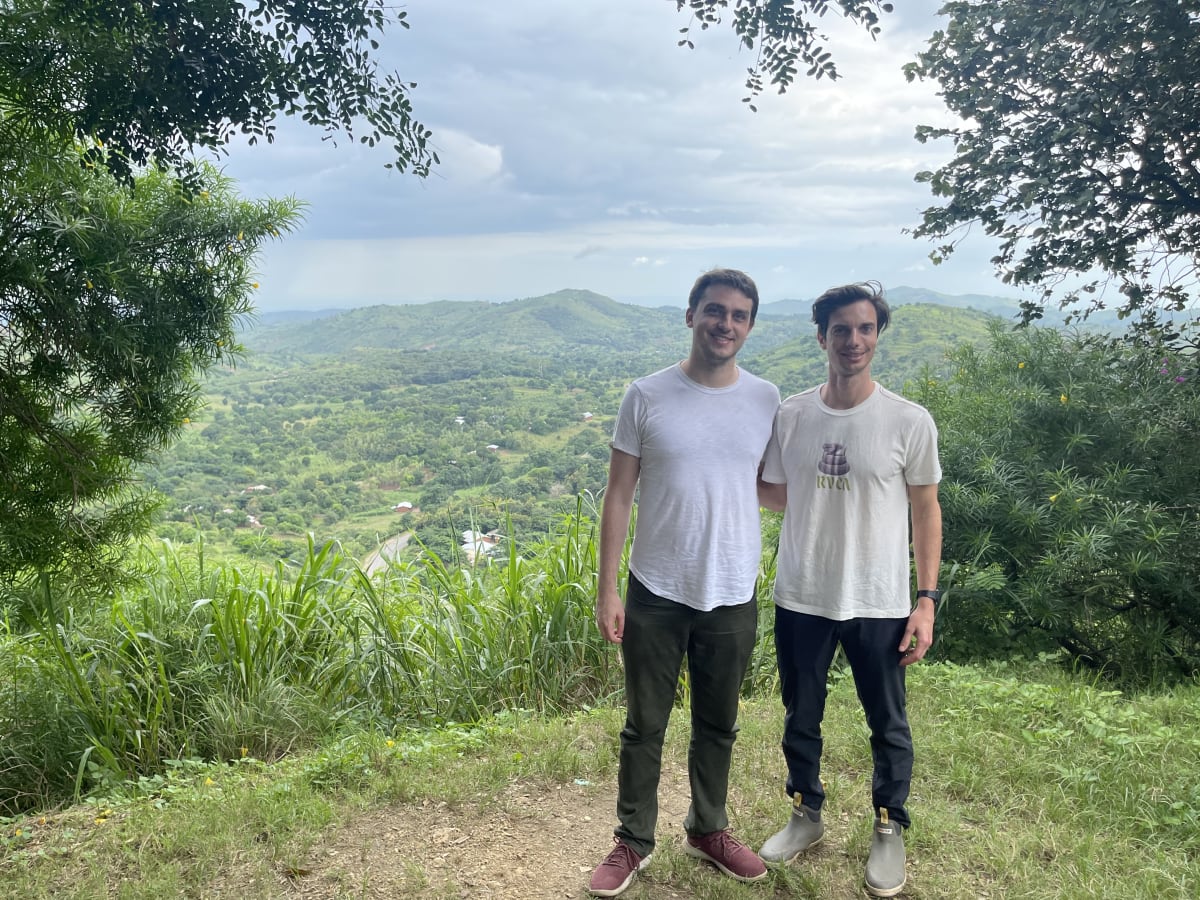Me and my colleagues plan to do bedside ultrasound training for both diagnostic and procedural use to the emergency medicine residents at the only EM Residency in Malawi.
The population served with be primarily new and learning physicians actively taking care of the population of Blantyre, Malawi for the foreseeable future. I feel this represents an admirable trip as it has the potential to have a true lasting impact as we will be teaching the permanent providers to an underserved population with equipment that is much more accessible to them (vs more expensive and resource intense modalities like CT and MRI) so they may better serve their population and train their own future colleagues.
The impact we expect is to better the ability to diagnose and care for the population of Blantyre through lasting training of their emergency medicine physicians.
The impact for myself is to garner new creativity and perspectives for treating underserved populations with minimal/less resources. These skills will serve me well in the ED no matter where I work as it is a dynamic, fast environment where creativity in problem solving and treating patients in less than ideal situations or equipment is common. I also hope to gather exposures to disease processes that are less or rarely seen in the US, yet I still need to be vigilante and knowledgeable about.










For our trip we went to Queen Elizabeth hospital in Blantyre, Malawi to teach the learning registrars and working attending physicians at this hospital how to perform ultrasound guided procedures. This teaching is very important as they are in a resource limited hospital, but are always striving to provide quality care to their patients. In this hospital setting, CT and MRI is very difficult to come by and x-ray may be unattainable as well. In the setting ultrasound can be indispensable as this can be operated by the physicians at any time and improve the safety and quality of the procedures. It also gives them access to perform procedures, which may not otherwise have been possible. These include central lines, peripheral IVs, pericardiacentesis, and thoracentesis. Thes physician learners were very grateful and appreciative of the training we were able to provide as there are not many ultrasound trained physicians in their hospital. The hope is that they will continue to teach future learners and help them make ultrasound guided procedures ubiquitous throughout Queen Elizabeth hospital, and wherever the current trainees end up working.
For myself and my colleagues, this was also a wonderful learning opportunity to see how medicine is practiced in a resource limited setting, and the creativity, resourcefulness and barriers that accompany that setting. It was also helpful to relearn physical exam techniques from the experts who practice them daily and see pathology and a medicine culture that is less prevalent in the US. Overall, it was a fantastic trip that provided a lot of learning and experience for myself, and my colleagues, and I hope we were able to provide the same. I hope to visit Malawi and Queen Elizabeth hospital again in the future.